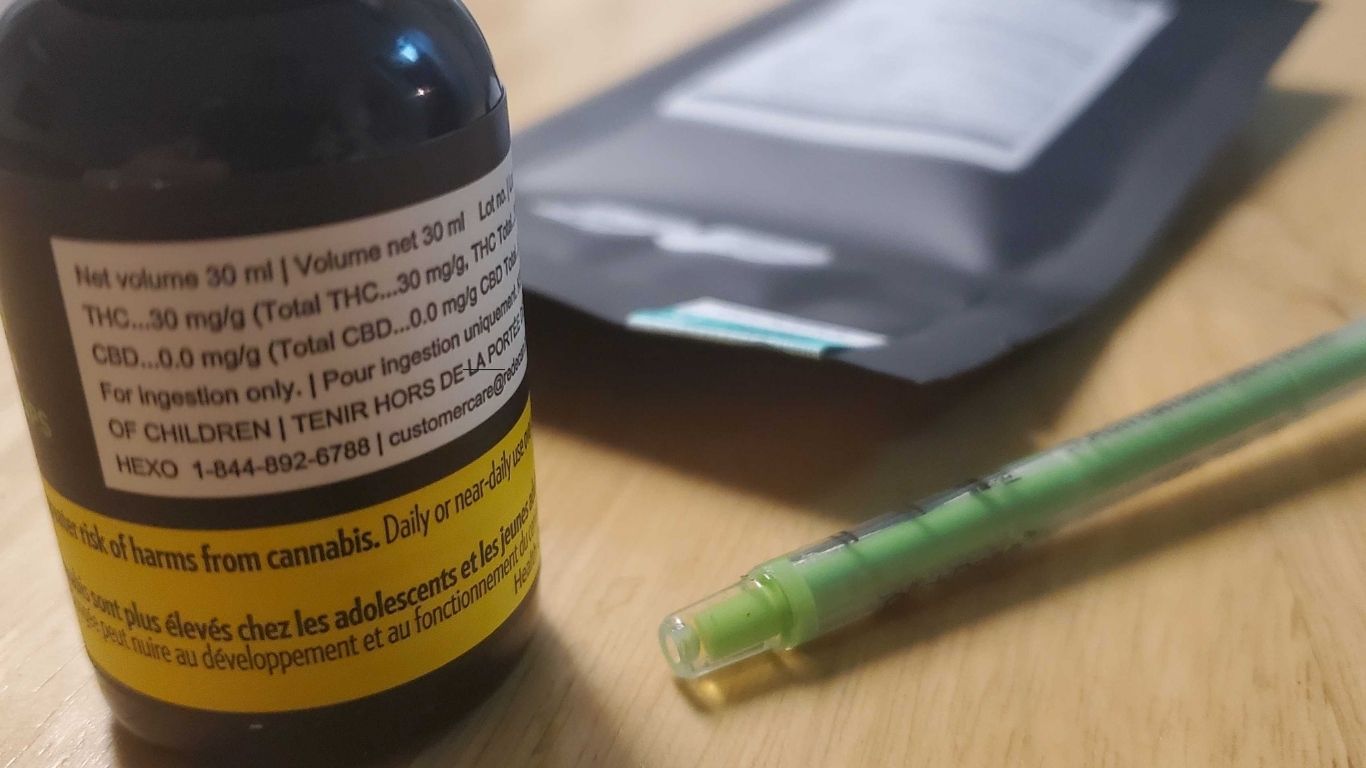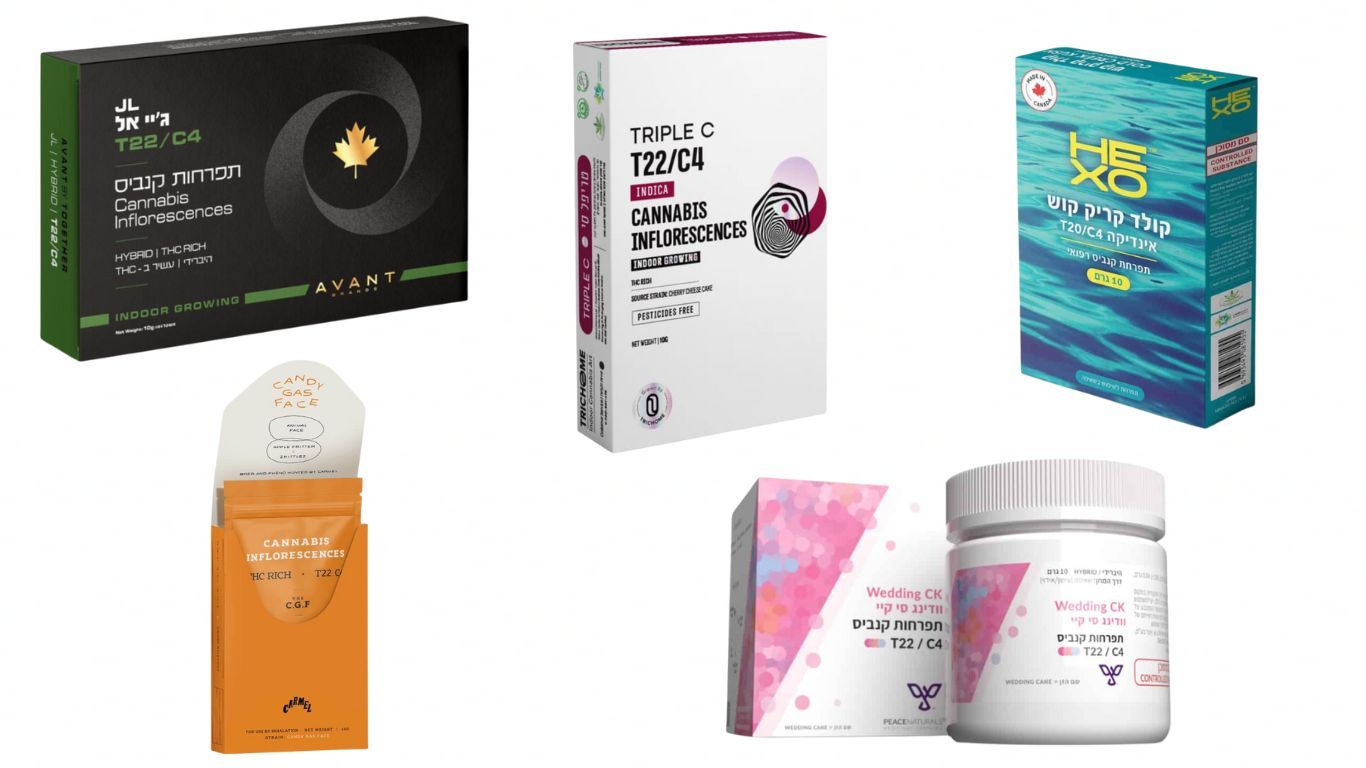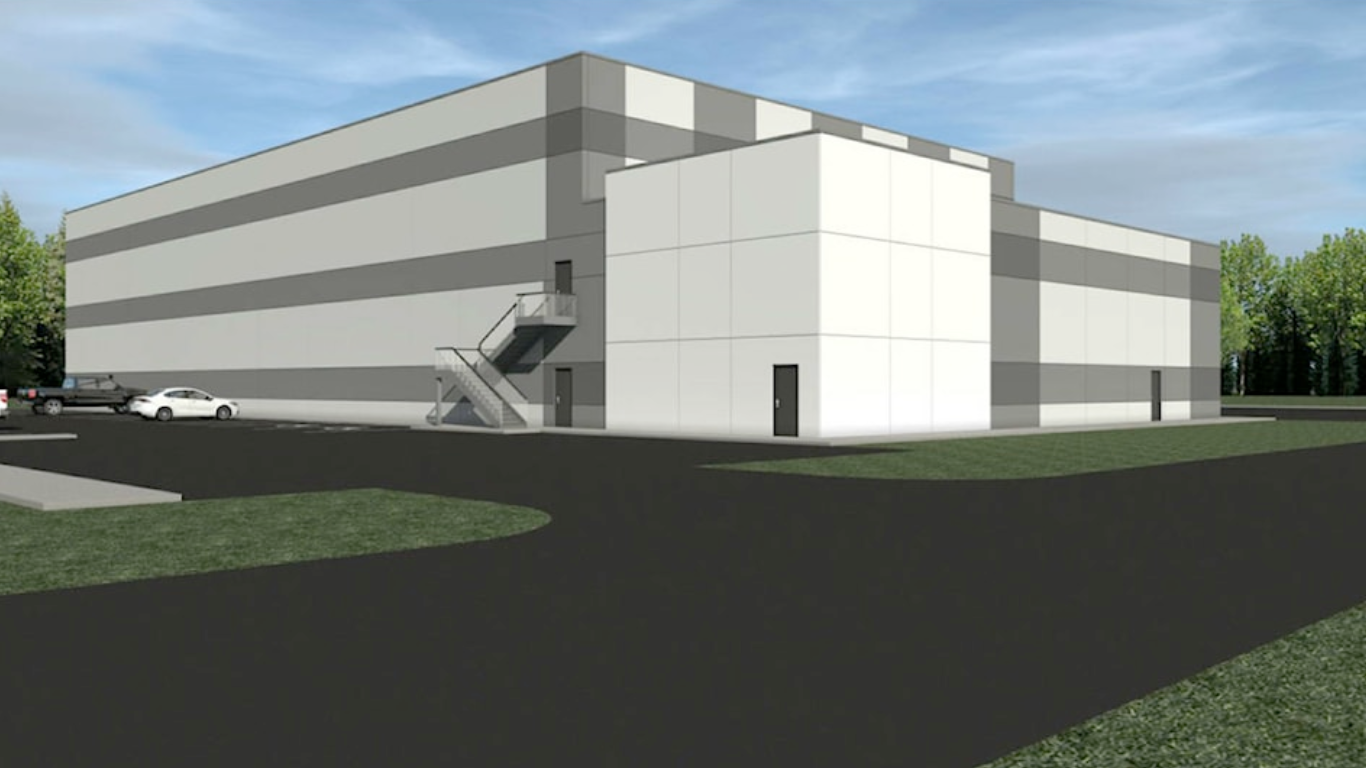
A group of medical cannabis advocates, researchers, and academics are drawing attention to what they say are concerns with proper access to medical cannabis in Canada.
The study, one of the largest of its kind, surveyed more than five thousand medical cannabis patients in Canada about their use of cannabis and how and where they access it.
The accompanying report shows that most individuals using cannabis for medical purposes continue purchasing from outside the medical system, utilizing a mixture of the medical access program, the non-medical or “recreational” system, or through the illicit or unregulated market.
Respondents also noted increased challenges with access through the federal medical cannabis platform, including uncooperative healthcare professionals and higher costs.
More than half of those who reported using cannabis for medical purposes and had an authorization to access the federal medical program said they also utilized the non-medical system.
Principal investigator in the study, Dr. Lynda Balneaves, associate professor at the College of Nursing, Rady Faculty of Health Sciences at the University of Manitoba, says the results are troubling since those accessing from non-medical sources lack the guidance of a medical professional. Cannabis retail employees are not allowed to give medical advice.
“This is concerning, as according to our study findings, those who take cannabis without a medical authorization were less likely to seek information from healthcare professionals, less aware of the amount of cannabis they were consuming, and more likely to use the unregulated market than those with one,” says Balneaves.
“People who don’t have medical authorization are more likely to obtain cannabis from a recreational store or the unregulated market rather than a federally licensed medical seller, which means they have limited access to medical advice on things like dosage, potency, and type of product. It raises concerns about whether people are using medical cannabis safely and effectively, and if there could be potential harms to their health,” she adds.
Of the 5,744 survey respondents, 95% (5,433) reported currently taking medical cannabis, and 54% of these individuals held current medical authorization. One-third of those using cannabis for medical purposes reported doing so for more than ten years, one half for at least five, most commonly for issues like chronic pain, anxiety, and sleep.
Most (83%) take medical cannabis at least once a day. Those with a current medical authorization were more likely to use cannabis oil, while those without an authorization were more likely to use dried cannabis. Nearly half said they were using cannabis to reduce other medications like opioids.
“The Cannabis Act is structured so that Canadians who are seeking medical access face significant barriers compared to the non-medical system, which in effect discourages and penalizes safe and accessible use for patients with a medical authorization.”
Max Monahan-Ellison, board chair of Medical Cannabis Canada
“The Cannabis Act is structured so that Canadians who are seeking medical access face significant barriers compared to the non-medical system, which in effect discourages and penalizes safe and accessible use for patients with a medical authorization,” says Max Monahan-Ellison, board chair of Medical Cannabis Canada, a patient research and advocacy group. “The MCAS data clearly highlights that Canadians accessing cannabis for medical purposes deserve more support, and that starts with informed, patient-centred changes to the cannabis regulations.”
Of those with a current medical authorization from a health professional, 78% said they still purchased their cannabis from a federally licensed medical seller, but 50% also reported getting cannabis from a recreational source like a brick-and-mortar or online store.
Those with a medical authorization were much more likely to use legal sources, medical or otherwise. Over half (52%) without a medical authorization reported getting theirs from unregulated sources, while only 26% with medical authorizations did.
The report—the 5,744-participant Medical Cannabis Access Survey (MCAS)—comes from a collaboration of the University of Manitoba and McGill University, Quebec-based medical cannabis clinic Sante Cannabis, and medical cannabis advocacy groups Medical Cannabis Canada and SheCann Cannabis.
It also calls for; a formalized evaluation of the medical cannabis program as part of the current legislative review of the Cannabis Act, changes to the excise tax regime for medical cannabis, more training for healthcare professionals on medical cannabis, expanding medical cannabis access to pharmacies, maintaining a medical cannabis resource hub,” and preserving the existence of a dedicated medical cannabis platform in Canada.
The information also contrasts with a report from earlier this year prepared for Health Canada says the legalization of cannabis in Canada in 2018 improved access, information sharing, and reduced stigma associated with cannabis for medical purposes.
Monahan-Ellison, says those using cannabis for medical purposes must not be forgotten.
“There’s been this mindset that since we have recreational legalization, (medical) is not really needed anymore. I think research like this is important because it emphasizes that people taking a treatment for a medical purpose obviously benefit from having that experience with the support of a healthcare professional.”











